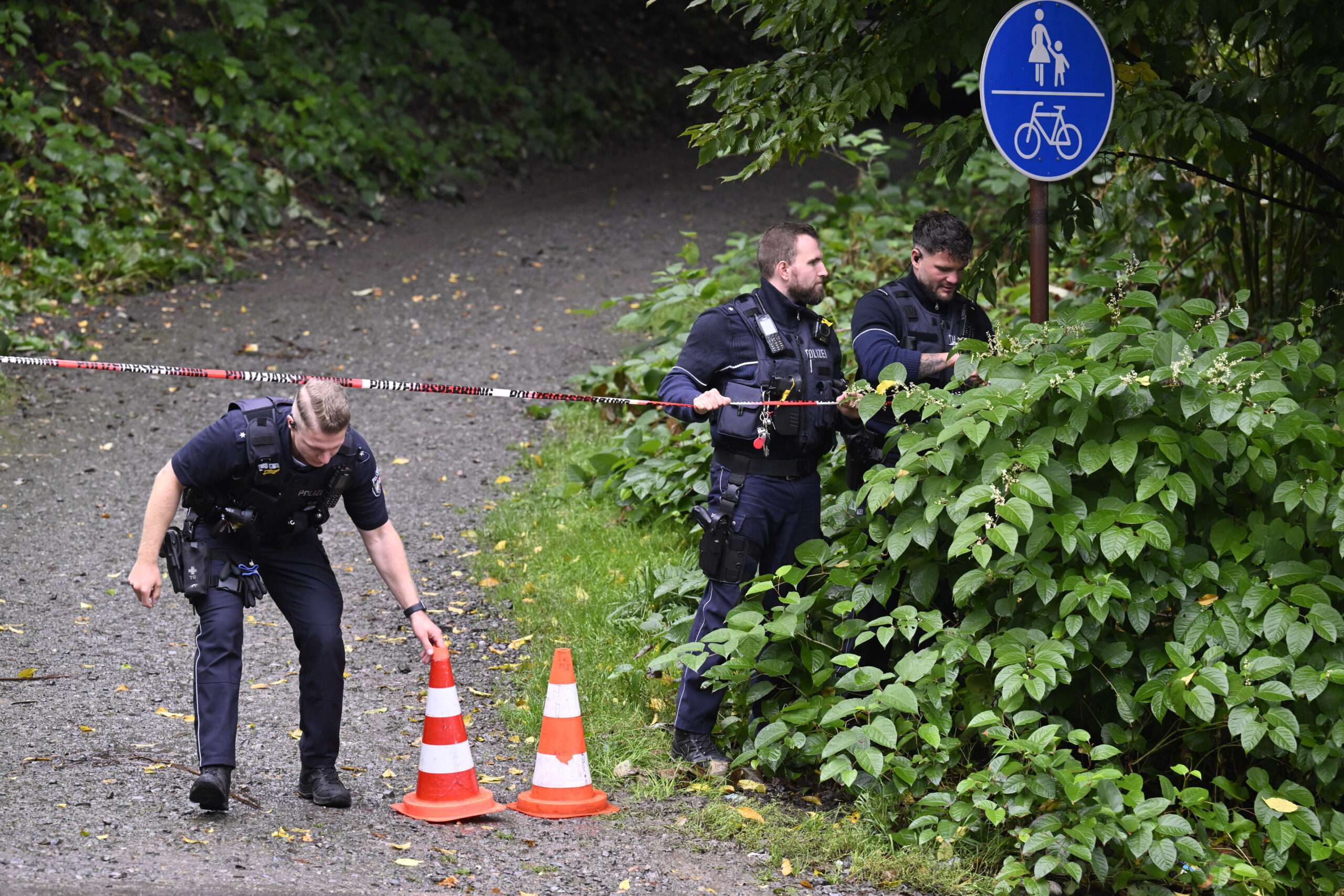Germany Weighs New Laws to Deter Law-Breaking Terrorists Amidst Strict Regulations
The belief that legislative measures can effectively solve societal issues often leads to an overreliance on laws, creating a cycle where unsolved problems lead to more legislation. This phenomenon is evident in Germany’s recent response to a violent attack at a festival in Solingen, which left three dead at the hands of a terrorist with known ties to the Islamic State. Germane to this situation, politicians proposed sweeping security measures, including knife bans and biometric surveillance, despite existing stringent regulations around weapon ownership. Given that the perpetrator evaded these laws and, in fact, was already facing deportation, it raises the question: why would additional laws make a significant difference in deterring future acts of violence?
In the aftermath of the Solingen attack, German officials suggested a package of measures aimed at preventing similar occurrences, including prohibitions on knives in public spaces and stricter licensing for weapons. However, criminologists like Dirk Baier have argued that such regulations will not impact individuals intent on committing violence. The fundamental flaw lies in the understanding that laws serve merely as frameworks for penalties rather than deterrents for unlawful behavior. For a would-be assailant already disregarding the law, the presence of further prohibitions is unlikely to have any meaningful effect on their actions.
Moreover, proposals for expanding biometric surveillance and monitoring digital data raise serious ethical concerns. Advocacy groups warn that such measures could erode fundamental civil liberties and violate European legal standards, especially given that this push for increased surveillance comes from a coalition government that campaigned on promises to limit intrusive data collection. The rapid shift in policy underscores a troubling blend of opportunism and fear in governing, where the urgency to appear effective leads to potentially harmful legislation backed by insufficient reasoning.
Germany’s tightly regulated environment complicates matters further. With strict gun laws in place, the presence of illegal firearms remains high, highlighting that regulation has not eliminated risk but merely shaped how and where it manifests. With millions of illegal weapons in circulation, enhancing regulations around weapons such as knives may not only prove ineffective but could inadvertently target law-abiding citizens rather than the criminals they aim to curtail. Existing public monitoring laws already place significant burdens on the population, compelling individuals to register their identities and movements with authorities, a reality that only intensifies under new proposals.
The Solingen suspect’s previous defiance of legal authority demonstrates the limitations of legislation in deterring those who commit acts of terrorism. His ability to evade deportation and existing identification laws, eventually leading to a festival armed with intent to kill, opens a dialogue about the efficacy of legal solutions in complex sociopolitical environments. As politicians scramble to craft tangible policy responses, it becomes increasingly likely that law-abiding citizens will shoulder the consequences of overreach, facing repercussions for minor infringements while serious threats remain unaddressed.
Ultimately, the situation in Germany illustrates a broader trend where political leaders, eager to respond to public fears and demonstrate competence, propose grand solutions that do not effectively address the problem at hand. A reliance on punitive measures tends to obscure the complexities underlying societal issues, creating a veneer of action that overlooks the underlying reasons behind violence and crime. This cycle of legislative overreach not only fails to provide real solutions but also deepens societal divisions as ordinary citizens suffer the consequences of ineffective governance. This cautionary tale is as relevant in Germany as it is elsewhere, resonating with the need for thoughtful, nuanced approaches to governance that prioritize genuine safety and liberty over sheer legislative overkill.
Share this content:












Post Comment